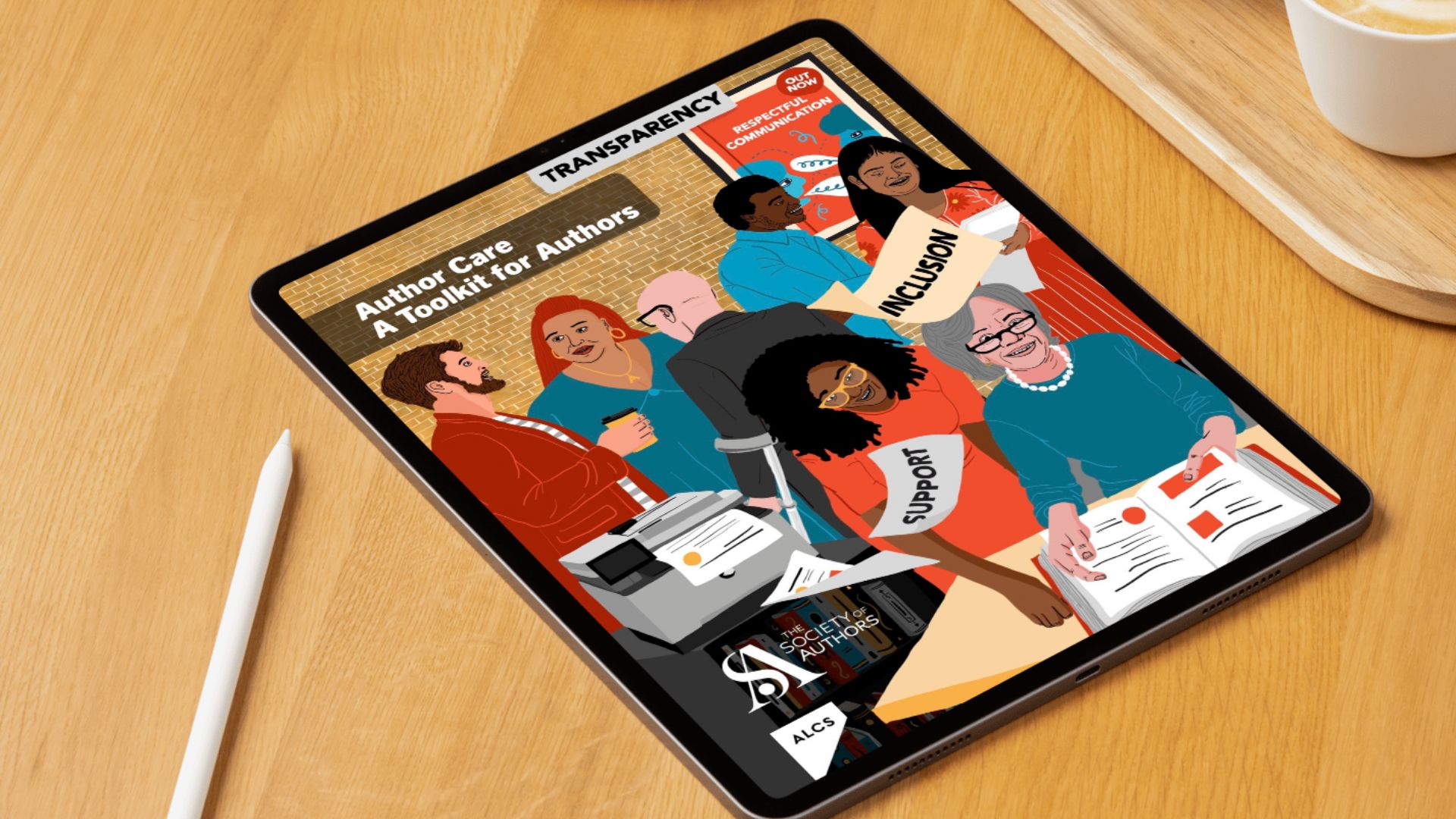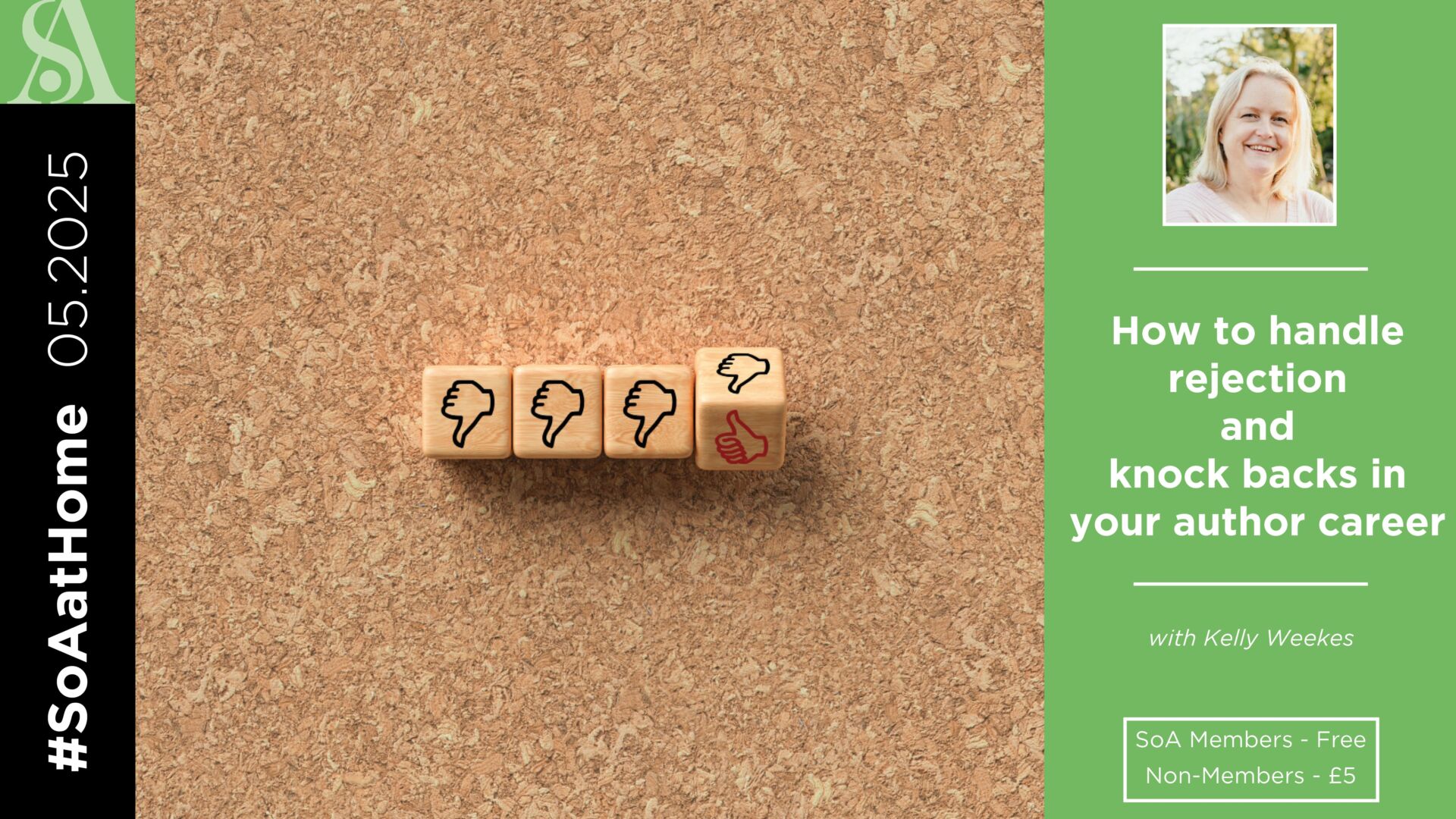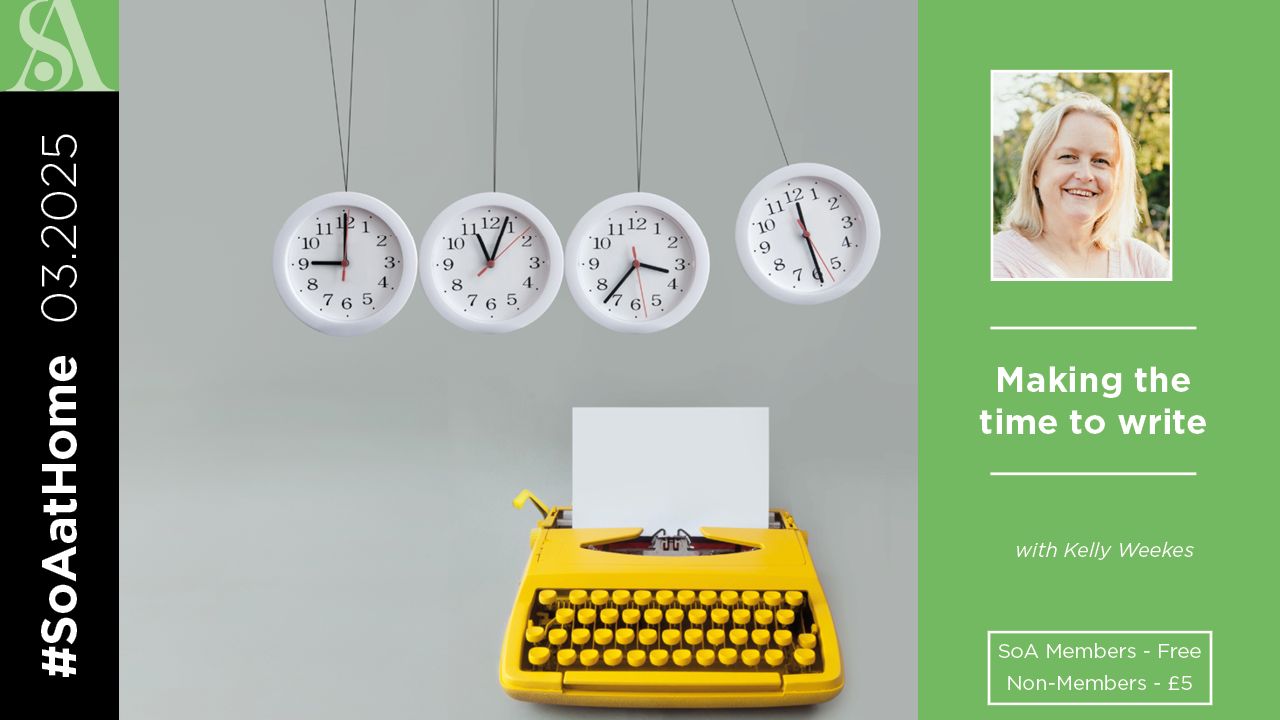This code is intended as an adjunct to the Publishing industry statement on professional values.
Guidelines for magazines when dealing with submissions
Dignity and Respect
- Remember that the person behind the submission is a author who has invested hope, time, and trust in you to consider their work.
- Consider accessibility when setting up the submissions process and, if possible, offer access assistance.
Your Submissions Policy
- Ensure that you have a clear and prominent submissions policy giving as much information as possible about what kind of submissions are welcomed, from whom, and the procedure, format and time frame for submitting them.
- If you do not accept unsolicited submissions, state this clearly and prominently.
- Clarify what terms (including rights) authors are required to agree to if an application is successful.
- Make it clear that you do not claim ownership of copyright for works submitted, and that the author retains full ownership of copyright in each submission.
- Remember that an author’s time is valuable. Only solicit as much as is necessary to allow you to assess the submission. In particular:
- Make minimal formatting requests, and
- Limit the amount of work required.
- Avoid charging for submissions.
- Allow simultaneous submissions where possible.
- Provide clear information about who will be reading the work, and what they are looking for. External judges or assessors should, if practicable, be named.
- Give a time frame in which authors can expect to hear back, updating this time frame if it is shifted or extended. If you do not send rejections, state this from the outset.
- Inform authors if an opportunity is unexpectedly closed.
Responding to submissions
- Do not leave authors without a response. All submissions should be acknowledged as received. An auto-response is acceptable if it also contains or links to a policy which explains that unsolicited submissions are not accepted or gives a time frame for a full response.
- Adopt and maintain internal processes that ensure appropriate confidentiality for submissions to avoid conflicts of interest or inadvertent copying of ideas or work. It is recognised that submissions may need to be reproduced and circulated by an organisation to those responsible for approving or commissioning proposals. Such dissemination in confidence is acceptable unless any specific restriction on who can review the submission is imposed by the author. The proposal may only be passed on, copied, reproduced or made available to persons for the consideration of that proposal.
- Adopt and maintain reasonable and practical internal processes for receipt of proposals to ensure that such proposals are logged and/or otherwise recorded. The logging should include reference to the title of the proposal, date of receipt, the sender’s details and, where appropriate, a short description of the proposal. These data should be kept in accordance with data privacy laws.
- Destroy unsuccessful applications, together with the author’s personal data. If you wish to keep the details for the purposes of later contact or commission, you should ask the author’s permission.
- Have clear and easily accessible GDPR-compliant privacy policies, explaining how long submissions and personal data are kept, and how those data are used.
Acceptances and Rejections
- Be clear about contracts. If a submission is successful, specific written contractual terms should be negotiated and agreed between the parties before there is any use of the submission.
- Request that successful authors do not announce acceptances on social media until all rejections have been sent out, to avoid others finding out they’ve been unsuccessful from unofficial channels.
- Send rejections as swiftly as possible. These should be worded with compassion and professionalism whilst being firm.
- Notify all authors of rejections. If an application is not a good fit, even a single-line email stating this is better than silence.
Professional Advice
- Be clear throughout that you are happy for authors to discuss their contracts and concerns with the Society of Authors or other professional advisers, and that you will allow time for this to happen before any use of the submission is made.
Recommendations for authors when submitting to magazines and receiving acceptances or rejections
- Ensure that you have all relevant rights in the work you are submitting, including rights for quotations.
- Ensure that you check and follow any published submission policies or processes of the magazine in question. Respect boundaries and guidelines laid down by professionals, whether in relation to contact, schedule, working conditions, or what they will read.
- Consider the stated dates for responses before you follow up on your submission. If you have not received a response within a stated guideline, it is acceptable to send a polite reminder.
- Let the organisation know if you have received interest elsewhere or if there are other relevant updates.
- Do not expect to enter into correspondence about the application after rejection, as the publication is likely to have sent out hundreds of rejections.
- Refrain from posting on social media or other public channels about acceptances until the publication has had time to inform all authors of the outcome of their submission (whether accepted or rejected).
- Never engage in abusive or disrespectful behaviour in response to a rejection. Remember that it is not a faceless publishing monolith on the other end of an email, but a person doing their job.
Professional Advice
- Read all submission terms carefully. If they concern you in any way, contact the Society of Authors or another professional adviser at the earliest opportunity.
- Have the resulting agreement or contract vetted by a professional if the submission or pitch is successful. All contracts are negotiable. Advisors at the Society of Authors can help you understand and assess any contract for your work.
Data Protection and Legal Compliance
- State in writing that the proposal is being submitted in confidence, and that it is subject to data privacy and intellectual property laws.
- Retain an exact copy of the submission together with the date submitted and the name and any other relevant details of the person to whom the proposal was submitted.
Further Resources
- Publishing industry statement on professional values
- Artists Bill of Rights
- Directors UK – Campaigns – The APC Code of Practice
- Publishers Association Code of Practice on Author Contracts





